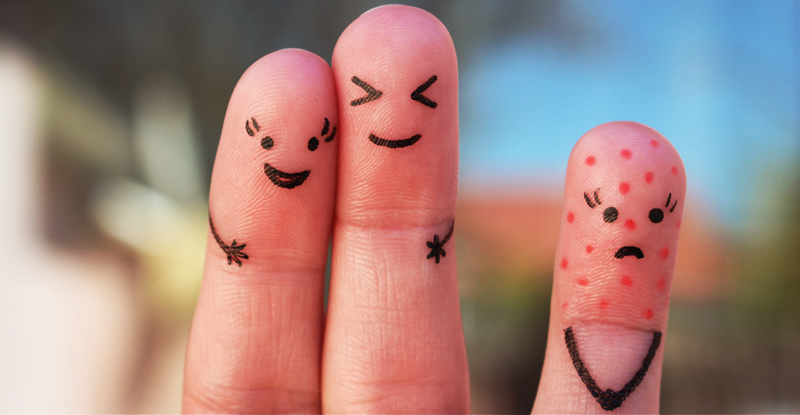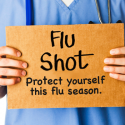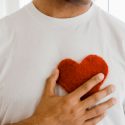Chicken Pox Vaccine
You remember chicken pox. The fever, the itchiness, the rashes, the blisters and bumps all over the body. I have scars from those blisters.
I wish I had received the chicken pox vaccination, to help prevent it or even decrease the symptoms. I remember having to take a bath in medicated oatmeal for treatment and wearing kitchen gloves to keep me from scratching my body.
So what exactly is chicken pox?
Per www.vaccines.gov, chicken pox is caused by a virus called varicella zoster. It is easily spread from infected people to anyone who is not immune. Immunity can be acquired through a previous infection from the virus or from a vaccination. It can be transmitted by touching or breathing in virus particles. An infected individual will be contagious between one to two days before any rashes and blisters appear. There are some serious chicken pox cases that can possibly lead to more complications and even death. Examples of these complications are infection of the blisters, bleeding disorders, pneumonia, and even swelling of the brain. The implementation of the chicken pox vaccination in 1995 has resulted in more than a 90 percent decrease in hospitalizations and deaths.
The information below is helpful in answering other questions you may have about chicken pox and the vaccination.
Chicken pox symptoms
- Itchiness
- Rash
- Blisters and bumps on the skin
- Tiredness
- Headache
- Fever that lasts several days
Reasons for getting the chicken pox vaccine
- Stops serious cases of chicken pox (infection of the blisters, bleeding disorders, pneumonia, swelling of the brain, hospitalizations, deaths)
- Protects other people who have a higher risk of getting chicken pox
- Prevents missed days from work or school
Risks of getting vaccinated
- Swelling or soreness at the location where the shot was given
- Mild symptoms of chicken pox (fewer blisters, less likely to get fever, recovers faster)
- Rare case of seizure
- Rare case of pneumonia
Who is eligible to receive the vaccination
- Children who never had chicken pox
- First dose from 12 to 15 months old
- Second dose from 4 to 6 years of age
- 13 years of age and older
- The timing and doses will depend on age; consult with your child’s physician
Who is not eligible to receive the vaccination
- People who have had allergic reactions to a recent vaccination or neomycin or gelatin
- Pregnant women or women who are planning to get pregnant within a month of the vaccination
- People who recently received a transfusion or blood products
- People who are being treated for the following should consult with their physician:
- HIV/AIDS or other immune system diseases
- Cancer
Everyone is different from each other when it comes to their health. It is up to you to consult with the physicians who are treating you or your children to make sure you are up to date with any vaccinations or recommendations. Make your health and that of your children a priority.
References:
www.cdc.gov/chickenpox/vaccination.html




